
The history of Bosnia and Herzegovina is a complex tapestry woven with the threads of various cultures, religions, and political influences. Situated at the crossroads of eastern and western civilisations, the region has witnessed a rich and complex past shaped by centuries of interaction between different ethnic and religious groups.
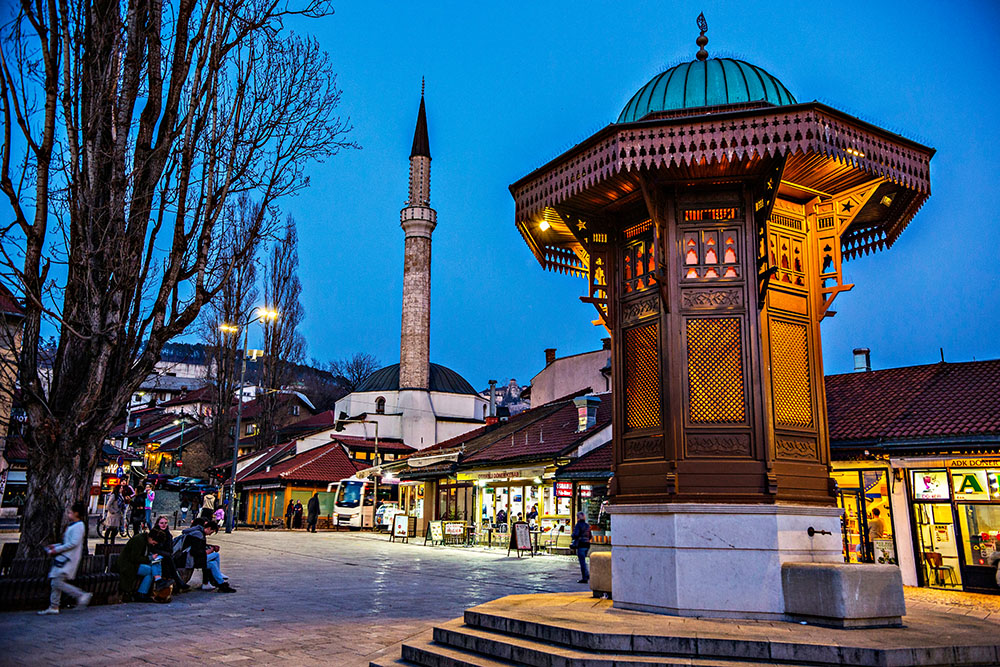
Ancient Bosnia, inhabited by Illyrian tribes, came under Roman rule in the 1st century AD, and later, it became a part of the Byzantine Empire. In the 7th century, the Slavic tribes migrated to the Balkans, bringing with them their language and culture, and Bosnian Slavs settled in the region.
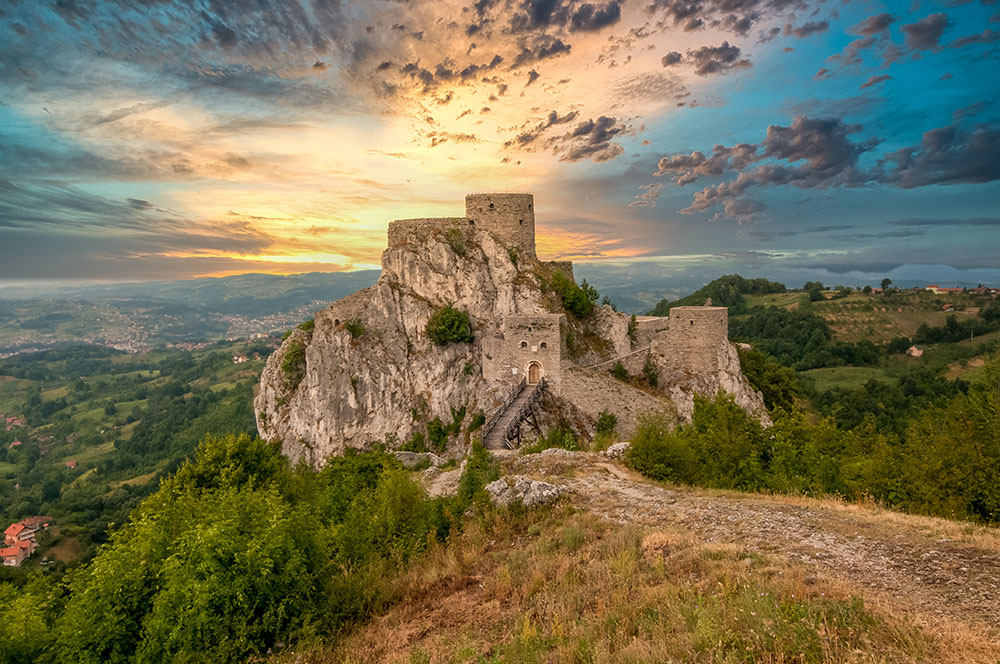
During the medieval period, Bosnia became an independent state under the rule of the Bosnian Banate. In 1377, Bosnia was elevated to a kingdom under Ban Tvrtko I, who expanded its territories and established alliances with neighbouring states. The Kingdom of Bosnia reached its peak under Tvrtko II in the early 15th century, encompassing parts of modern-day Croatia and Serbia.
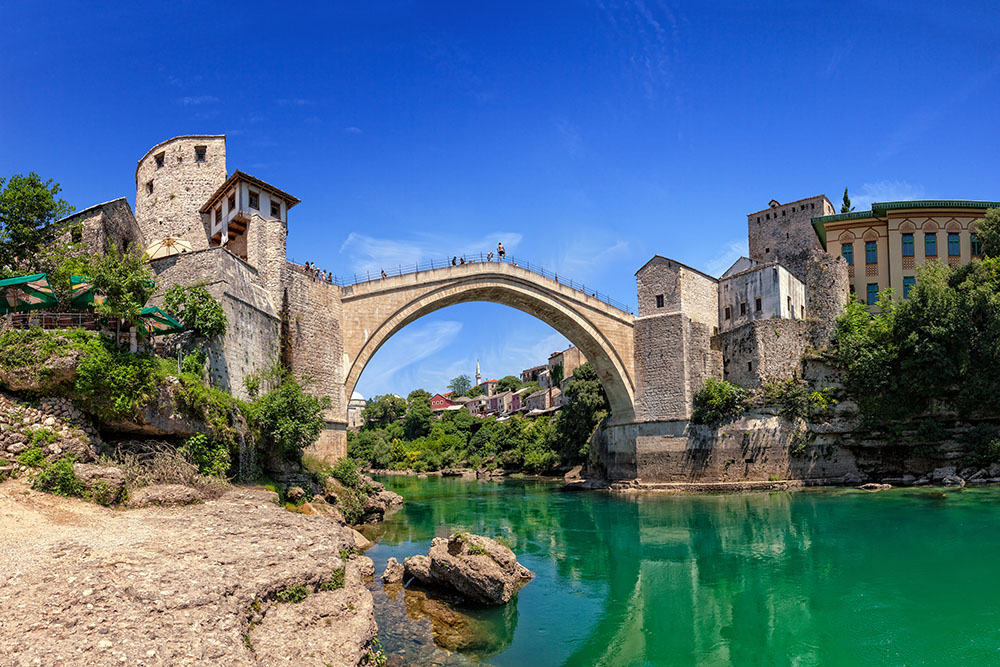
However, Bosnia’s independence was short-lived. In 1463, the Ottoman Empire conquered the region after a series of battles, marking the beginning of Ottoman rule in Bosnia and Herzegovina. Under Ottoman suzerainty, Bosnia experienced significant cultural and religious changes, with Islam becoming the dominant faith among Bosnian Muslims, while Bosnian Christians adhered to various denominations.

The Ottoman era spanned across four centuries and left an significant mark on Bosnia’s social, cultural, and architectural landscape. However, the decline of the Ottoman Empire in the 19th century led to growing nationalist sentiments among the various ethnic groups in Bosnia, particularly the Serbs and Croats, who sought independence or autonomy.
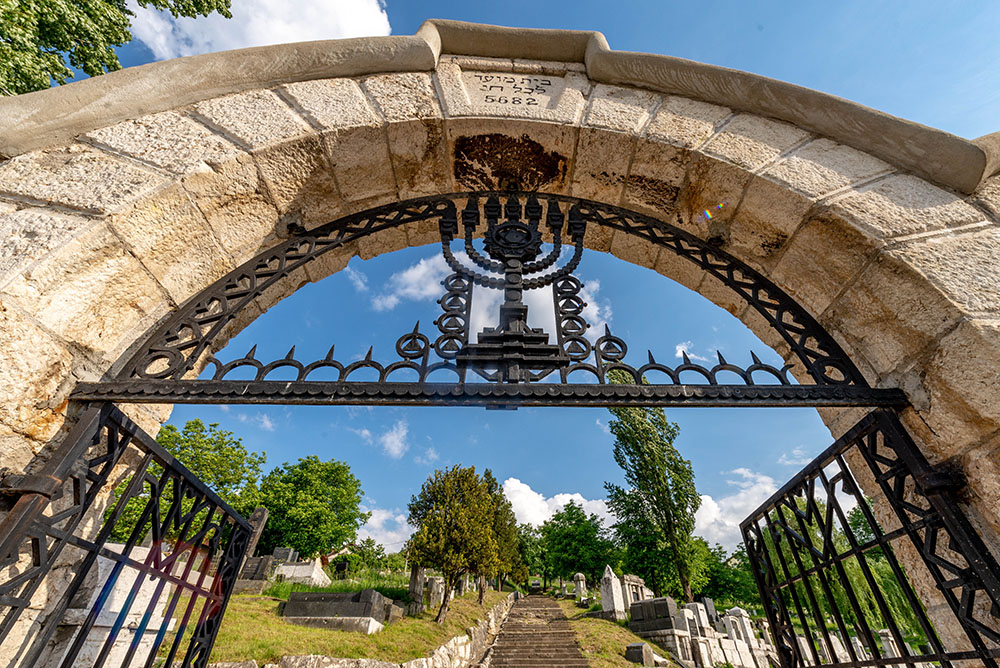
The Congress of Berlin in 1878, following the Russo-Turkish War, led to the establishment of the Austro-Hungarian administration of Bosnia and Herzegovina, although the region remained formally under Ottoman sovereignty. The Austro-Hungarian rule brought modernisation and economic development but also intensified ethnic tensions, particularly between Bosnian Serbs, Croats, and Muslims.
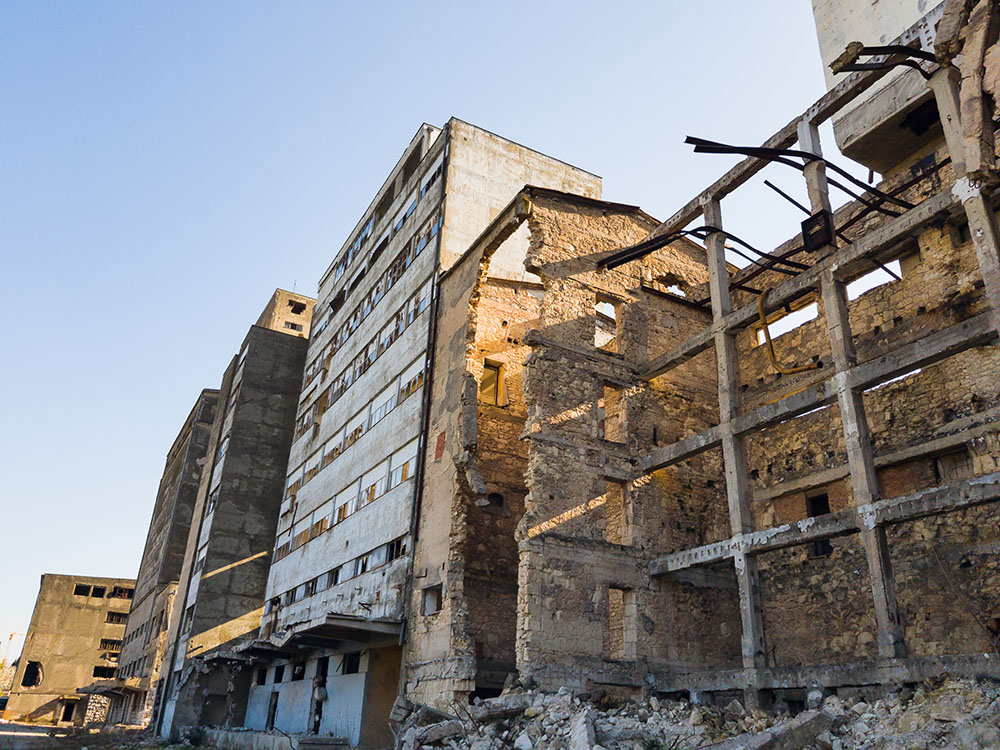
The assassination of Archduke Franz Ferdinand of Austria-Hungary in Sarajevo in 1914 triggered World War I, leading to the collapse of the Austro-Hungarian Empire. After the war, Bosnia and Herzegovina became part of the newly formed Kingdom of Serbs, Croats, and Slovenes, which later became the Kingdom of Yugoslavia.
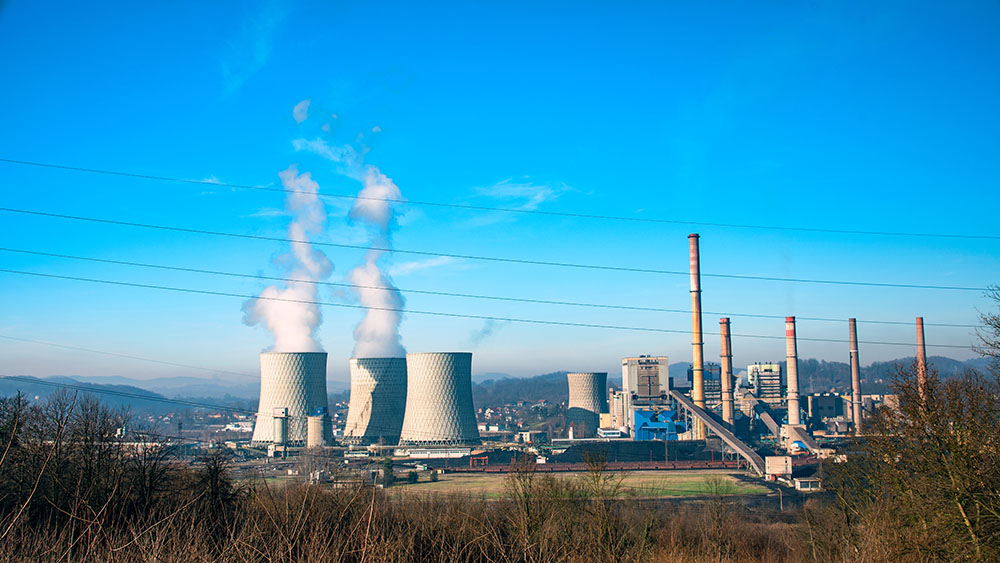
During World War II, Bosnia and Herzegovina were occupied by German and Italian forces, and the country experienced significant bloodshed and atrocities, particularly under the Ustasha regime in Croatia and the Chetnik movement in Serbia. The Yugoslav Partisans, led by Josip Tito, emerged as a significant resistance force, laying the groundwork for the post-war communist regime in Yugoslavia.
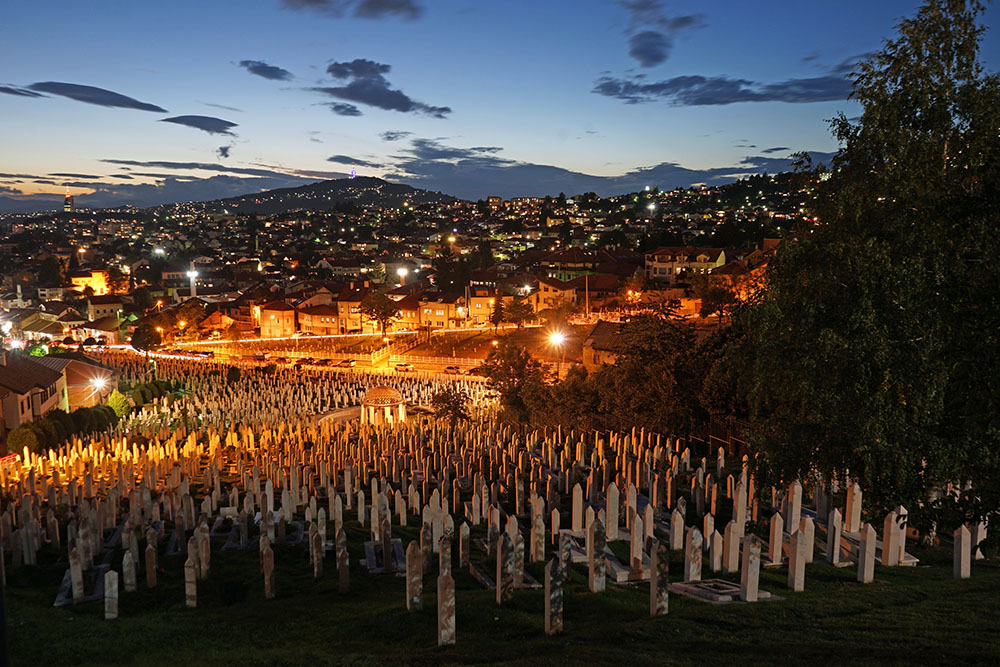
Following World War II, Bosnia and Herzegovina became one of the six constituent republics of the Socialist Federal Republic of Yugoslavia under Tito’s leadership. The socialist era saw industrialisation, urbanisation, and improvements in education and healthcare, but it also suppressed ethnic tensions through authoritarian rule.
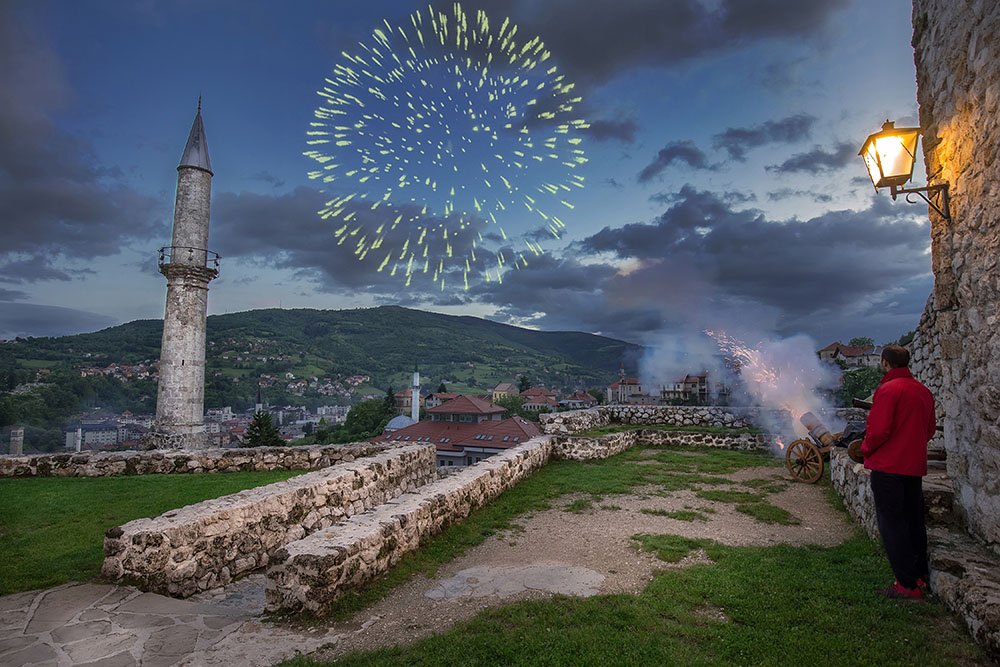
As a result of the collapse of communism in Eastern Europe in the late 1980s and early 1990s, Yugoslavia began to disintegrate along ethnic lines. Bosnia and Herzegovina declared independence in 1992, triggering a brutal civil war characterised by ethnic cleansing, massacres, and widespread destruction.
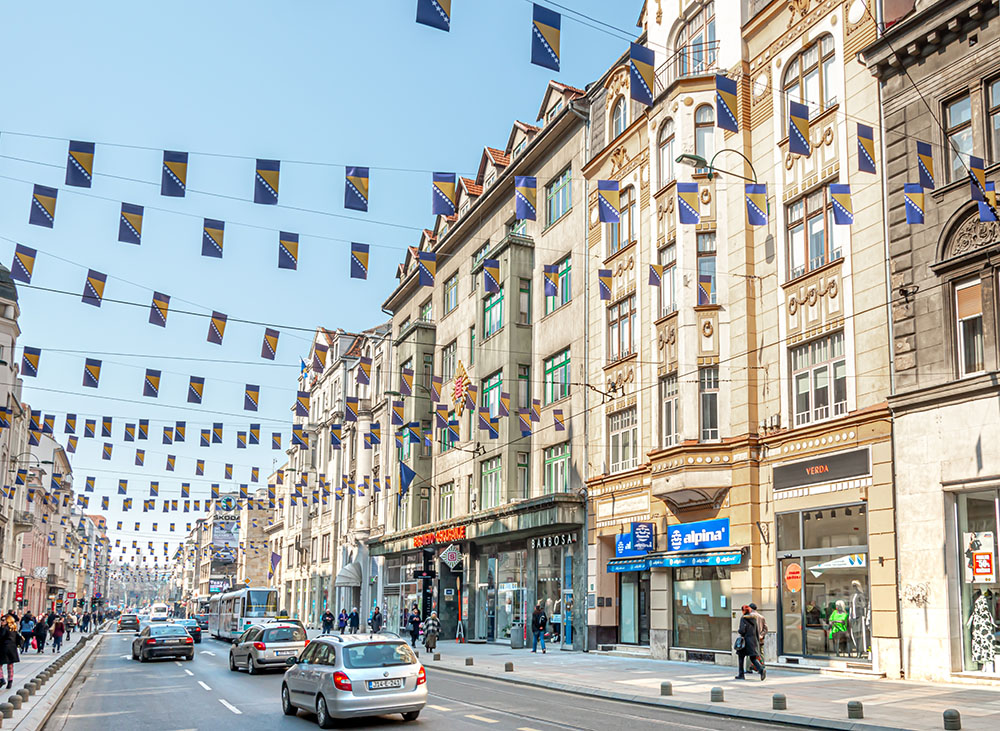
The Bosnian War, which lasted until 1995, involved the Bosnian Serbs, Croats, and Bosniaks (Bosnian Muslims) fighting for control over territory. The war culminated in the Dayton Agreement, brokered by the international community, which divided Bosnia and Herzegovina into two entities: the predominantly Bosniak and Croat Federation of Bosnia and Herzegovina and the predominantly Serb Republika Srpska.
The history of Bosnia and Herzegovina is characterised by a rich collage of cultures, religions, and influences, from ancient Illyrian settlements to Ottoman rule, Austro-Hungarian administration, and the tumultuous post-communist era.